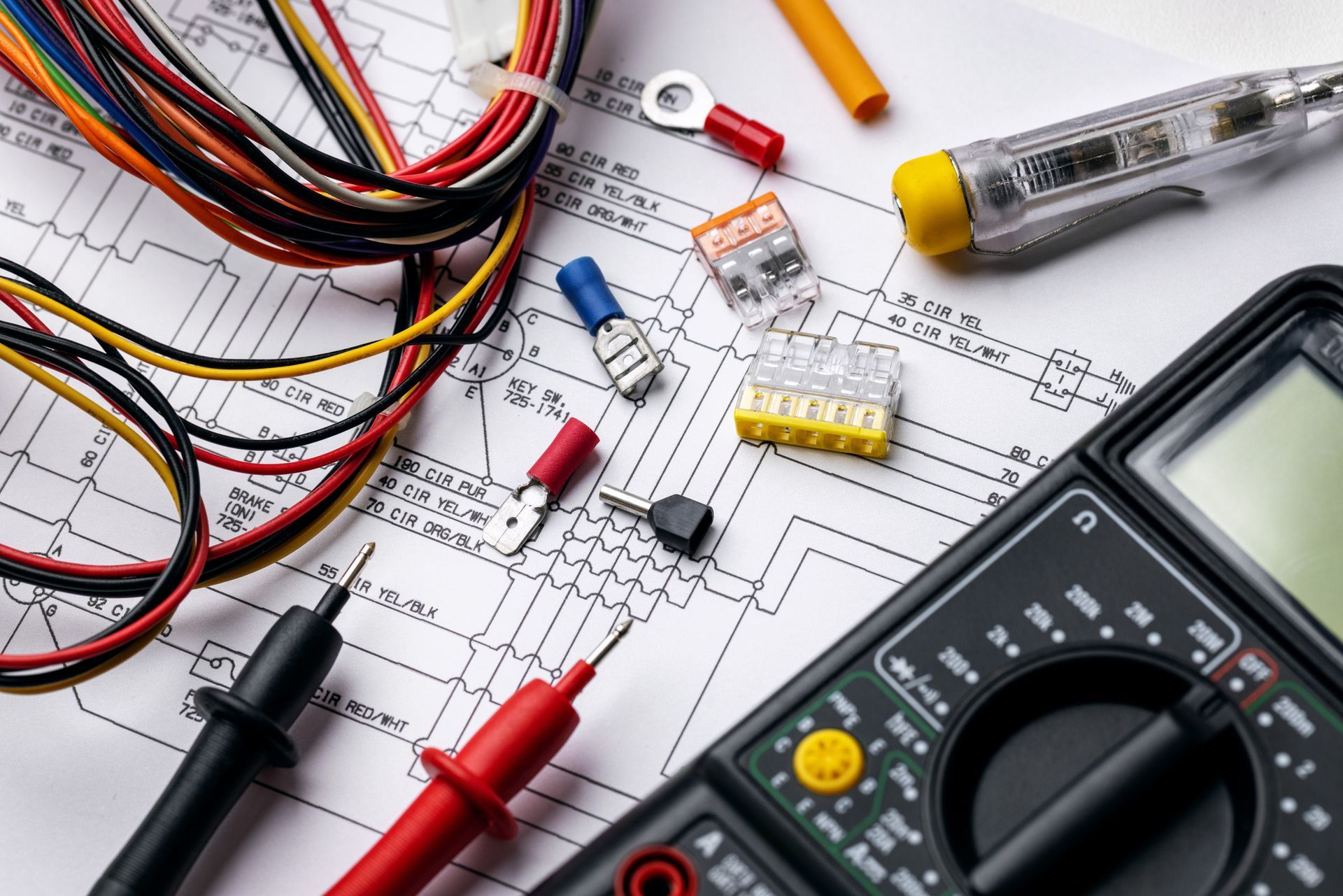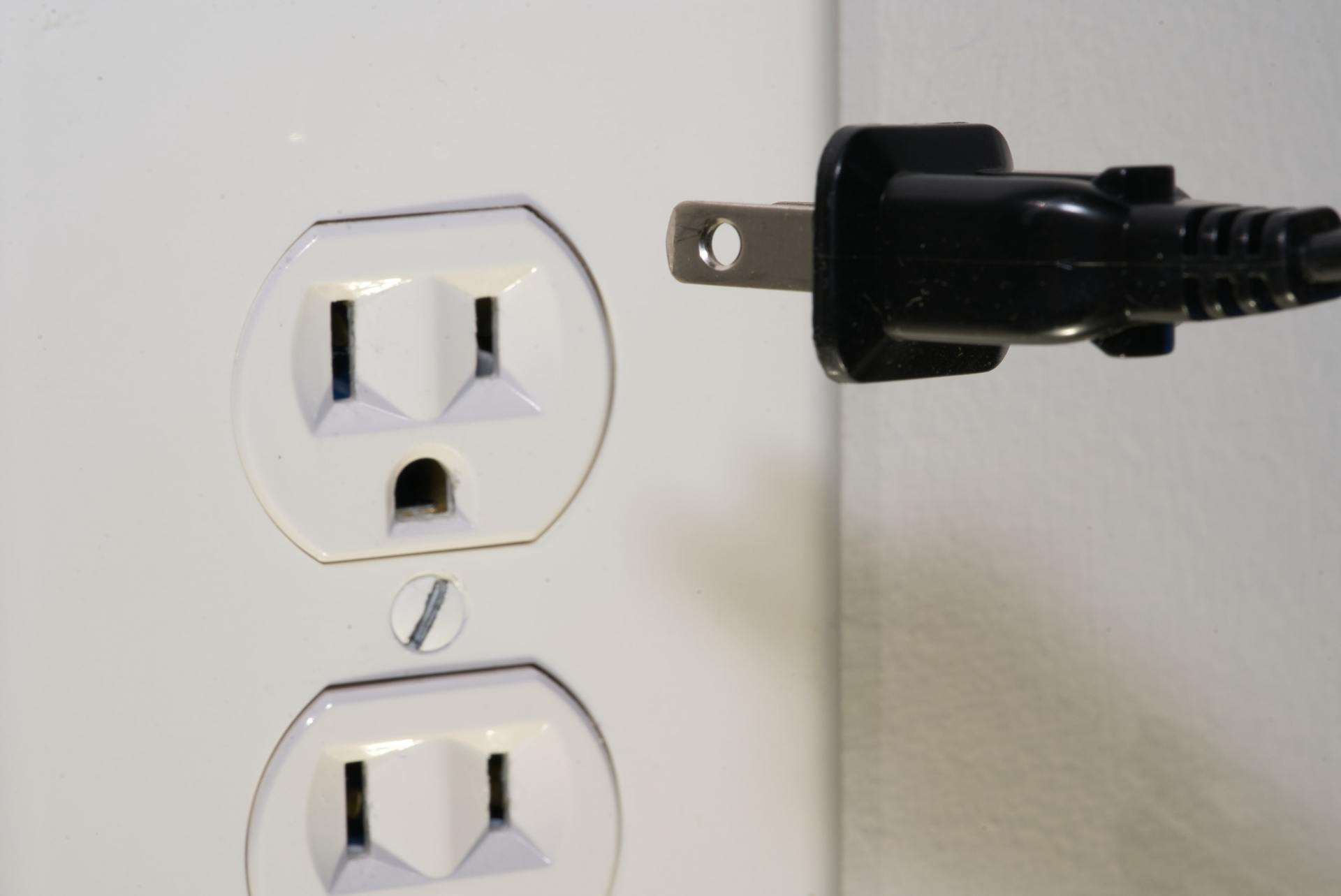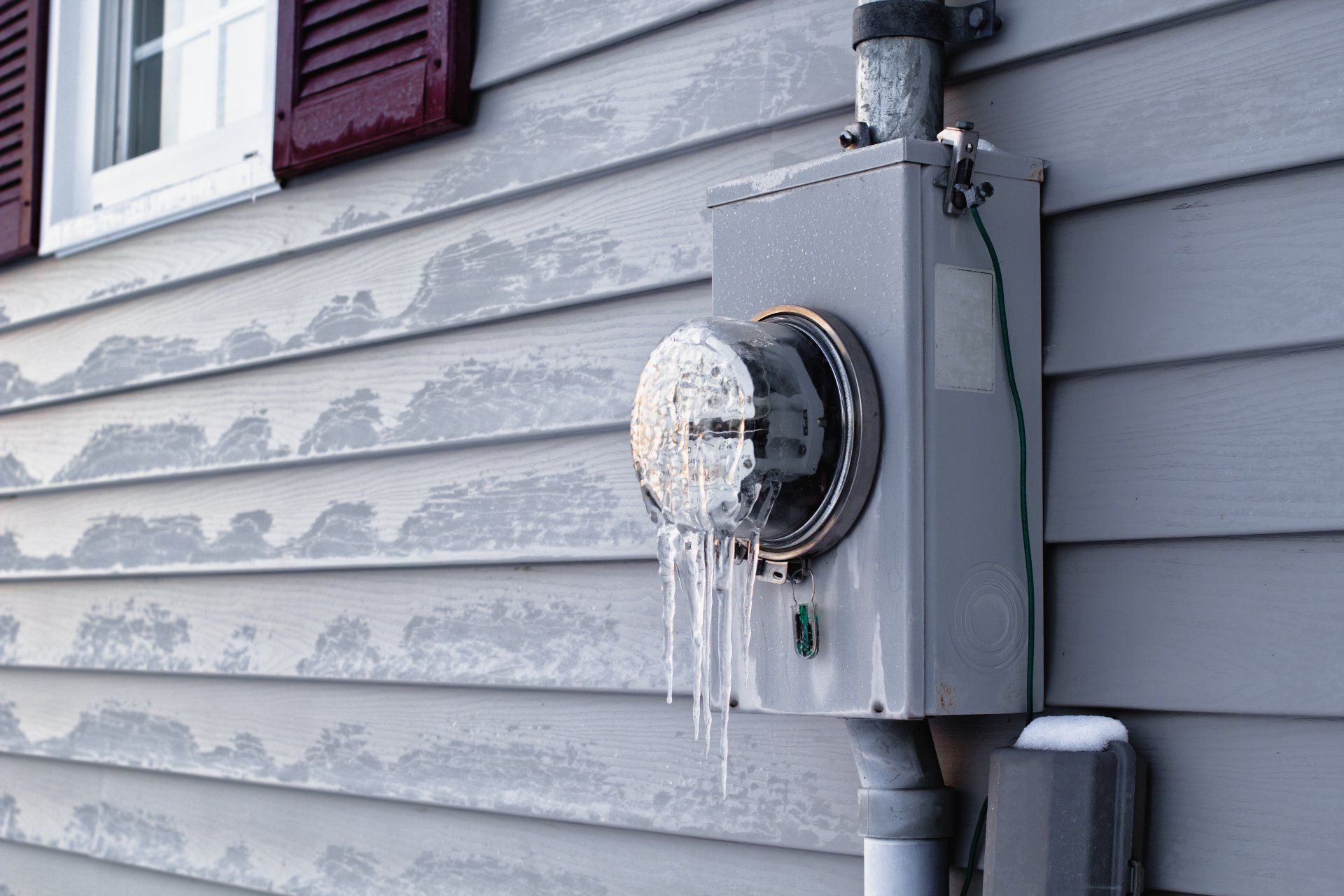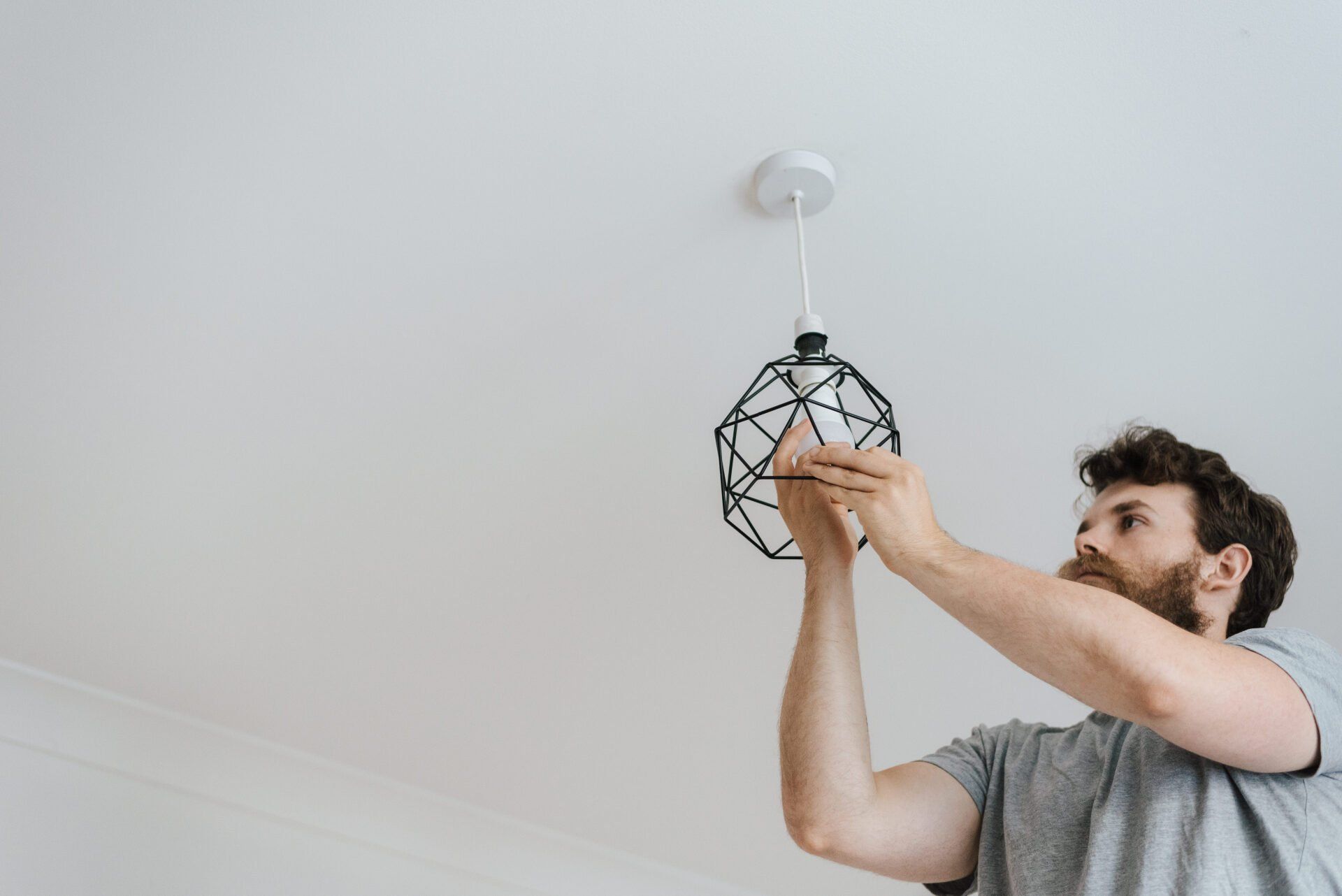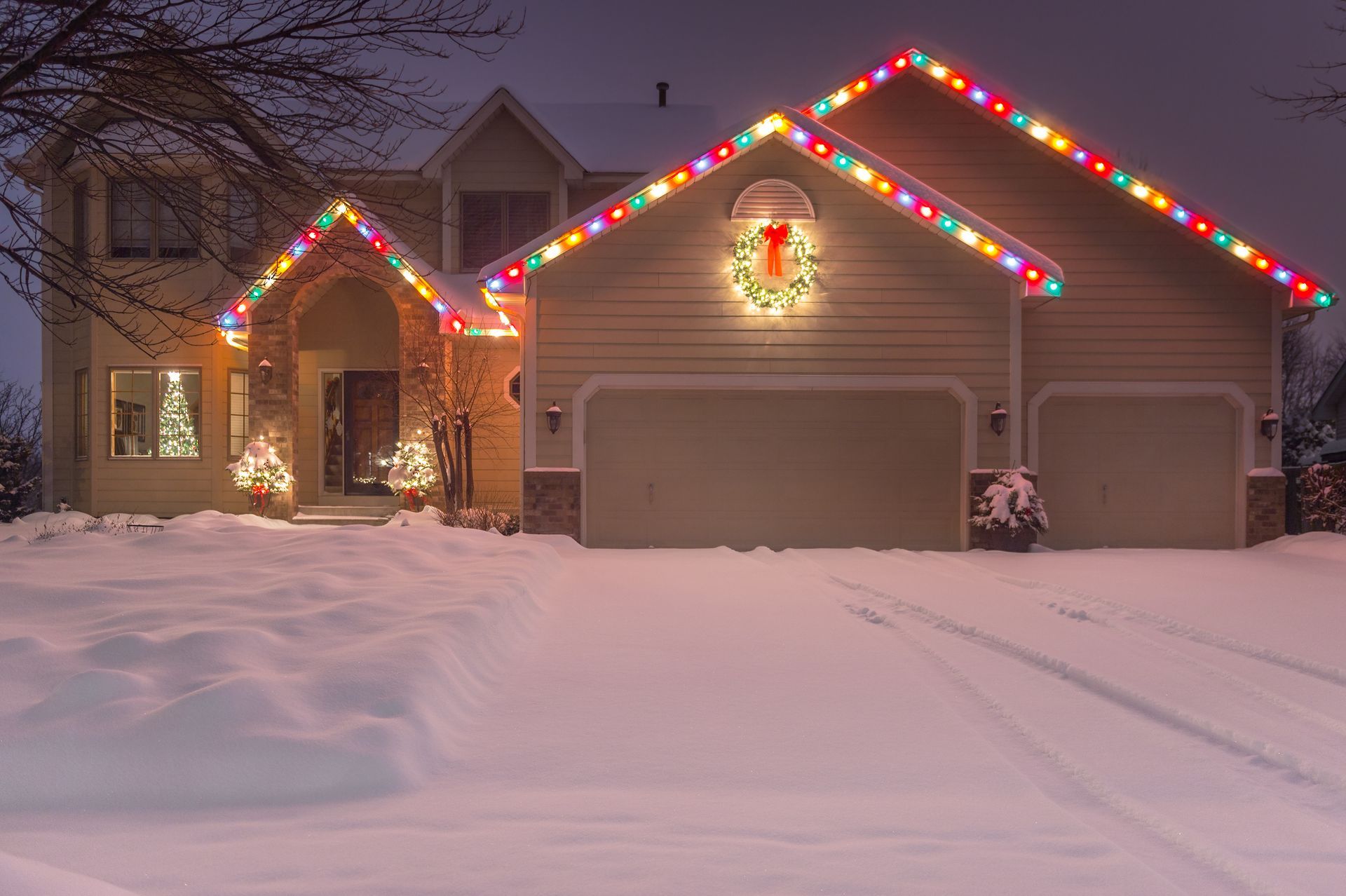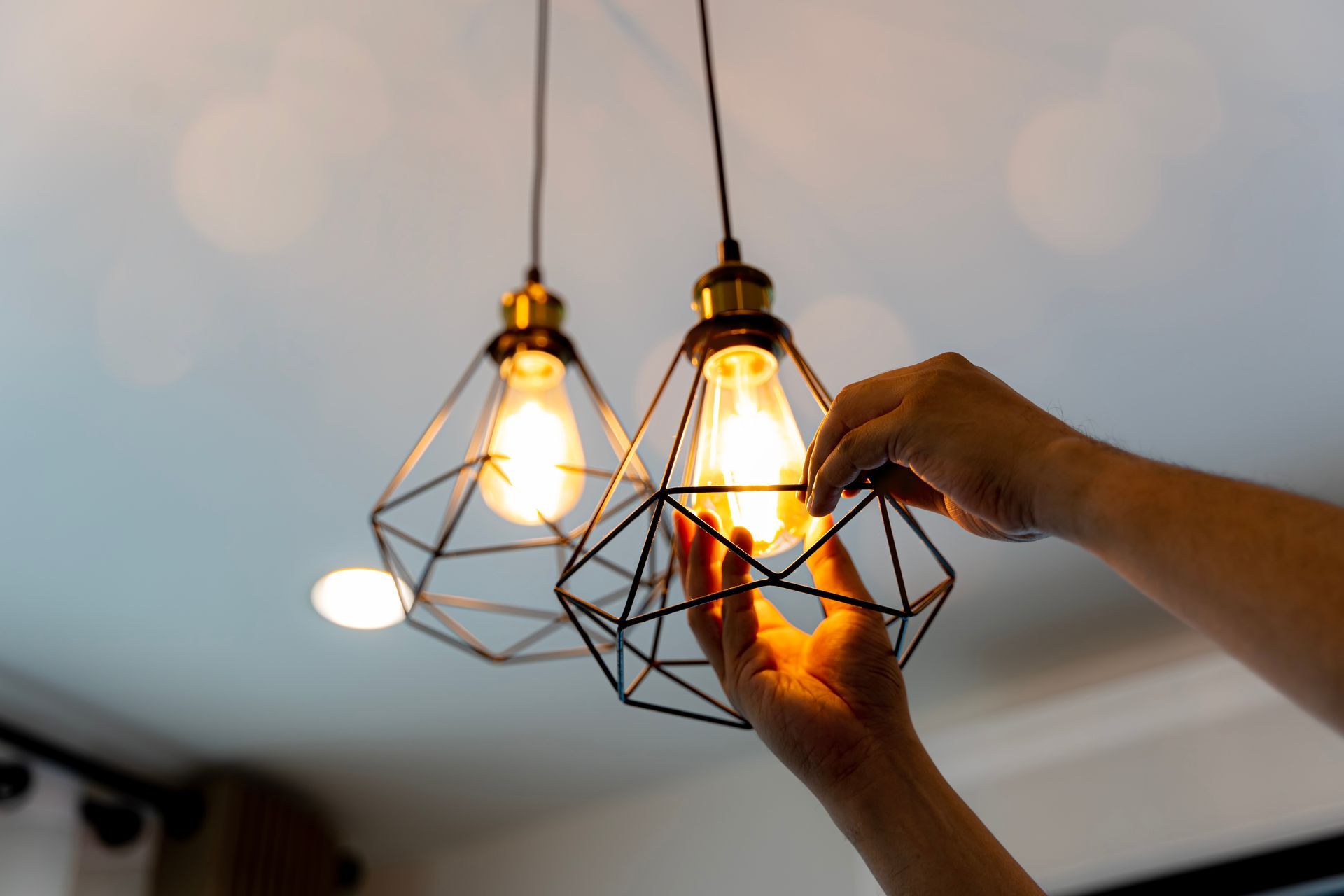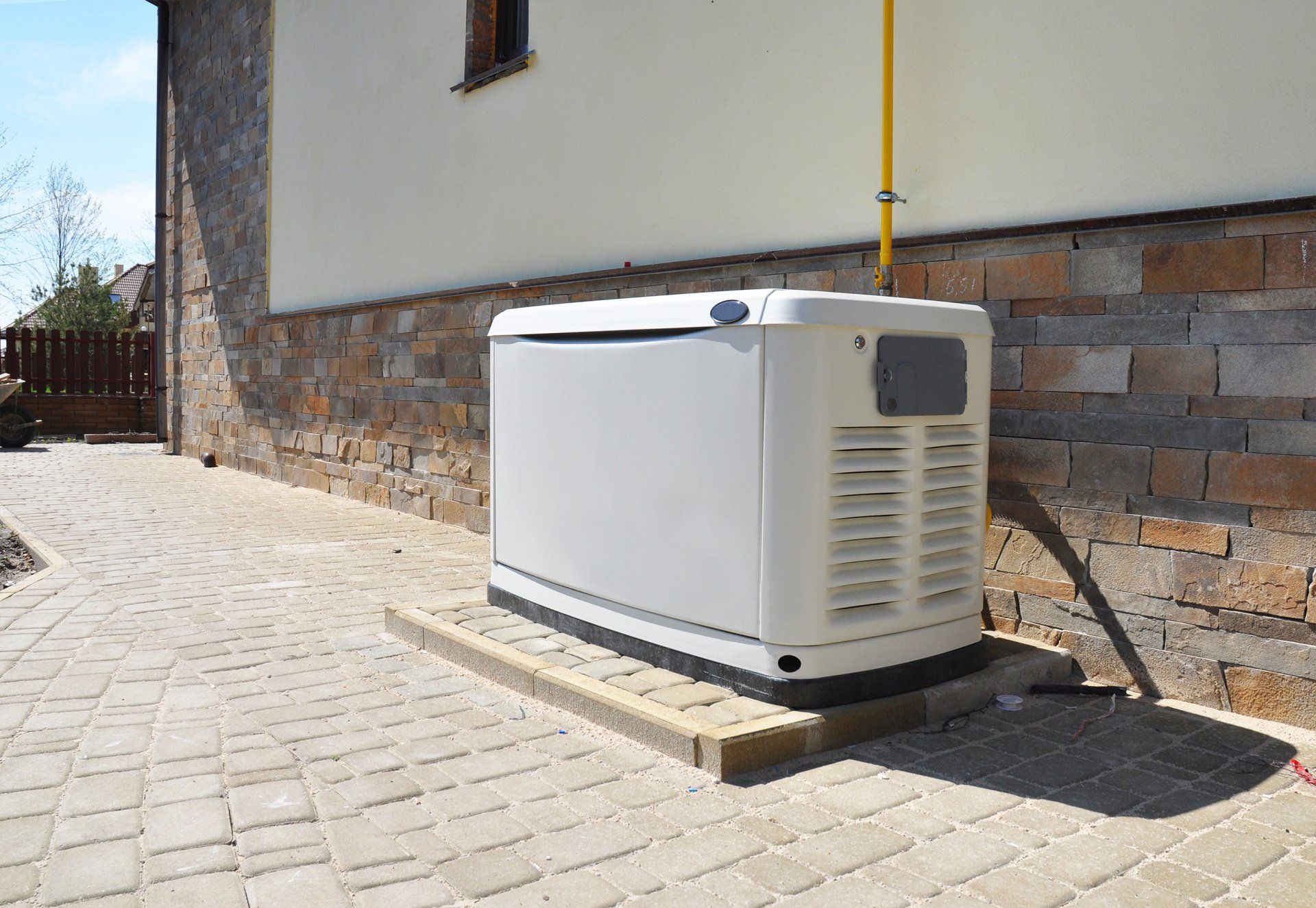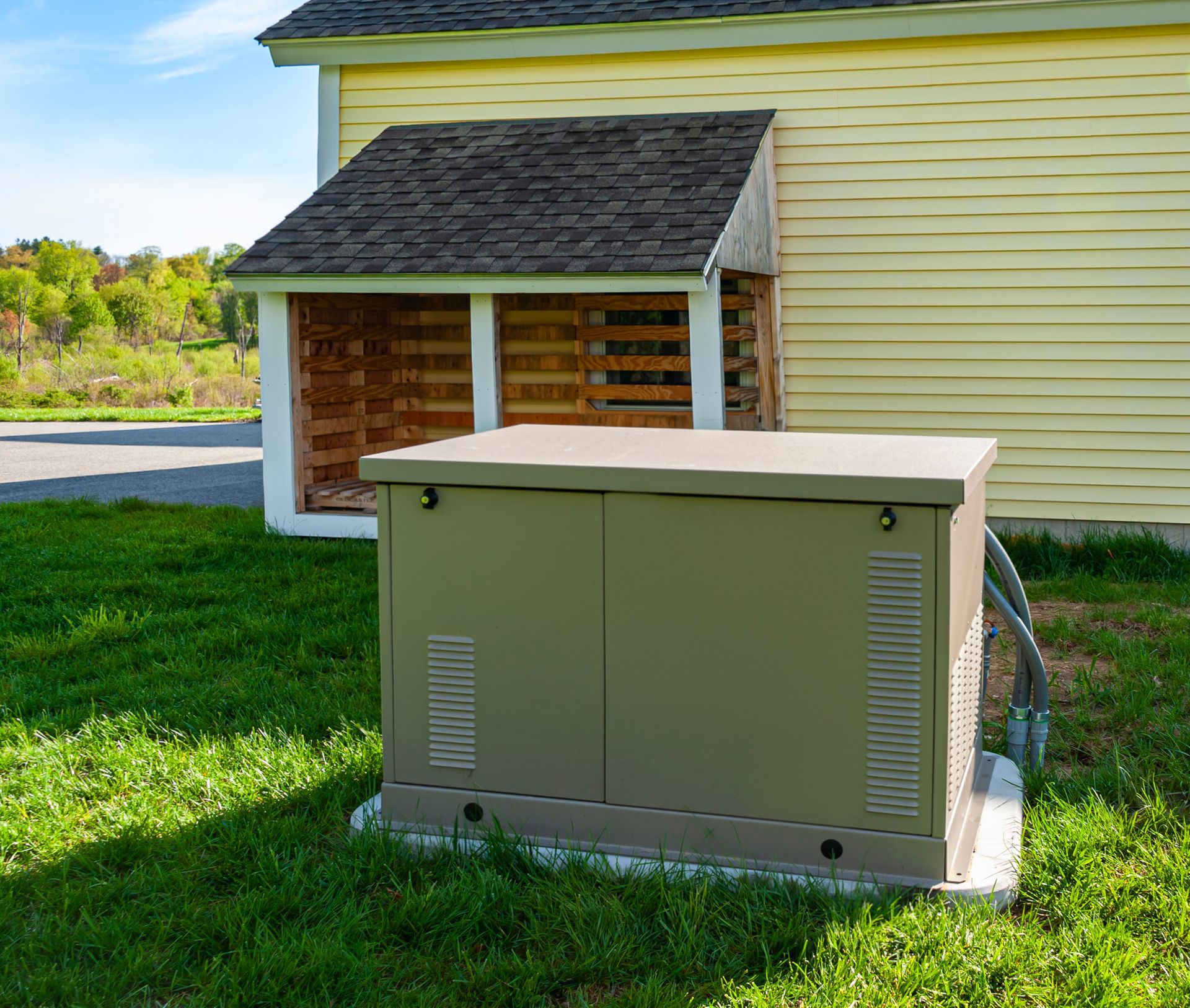Recognizing the Signs of Circuit Overload in Your Home
Understanding Electrical Circuit Overloads
One of the most common reasons for an electrical outage in your home is a circuit overload. This happens when your circuit breaker is triggered in your home's service panel in an effort to protect your electrical systems from harm.
Most of the time, circuit breakers are dependable and effective at preventing house fires. However, frequent outages are a sign that something has to change. It’s important to understand and recognize the signs of circuit overload in order to protect your household from any lingering electrical issues going unaddressed.
What Circuit Overload Signs Should I Be Able to Recognize?
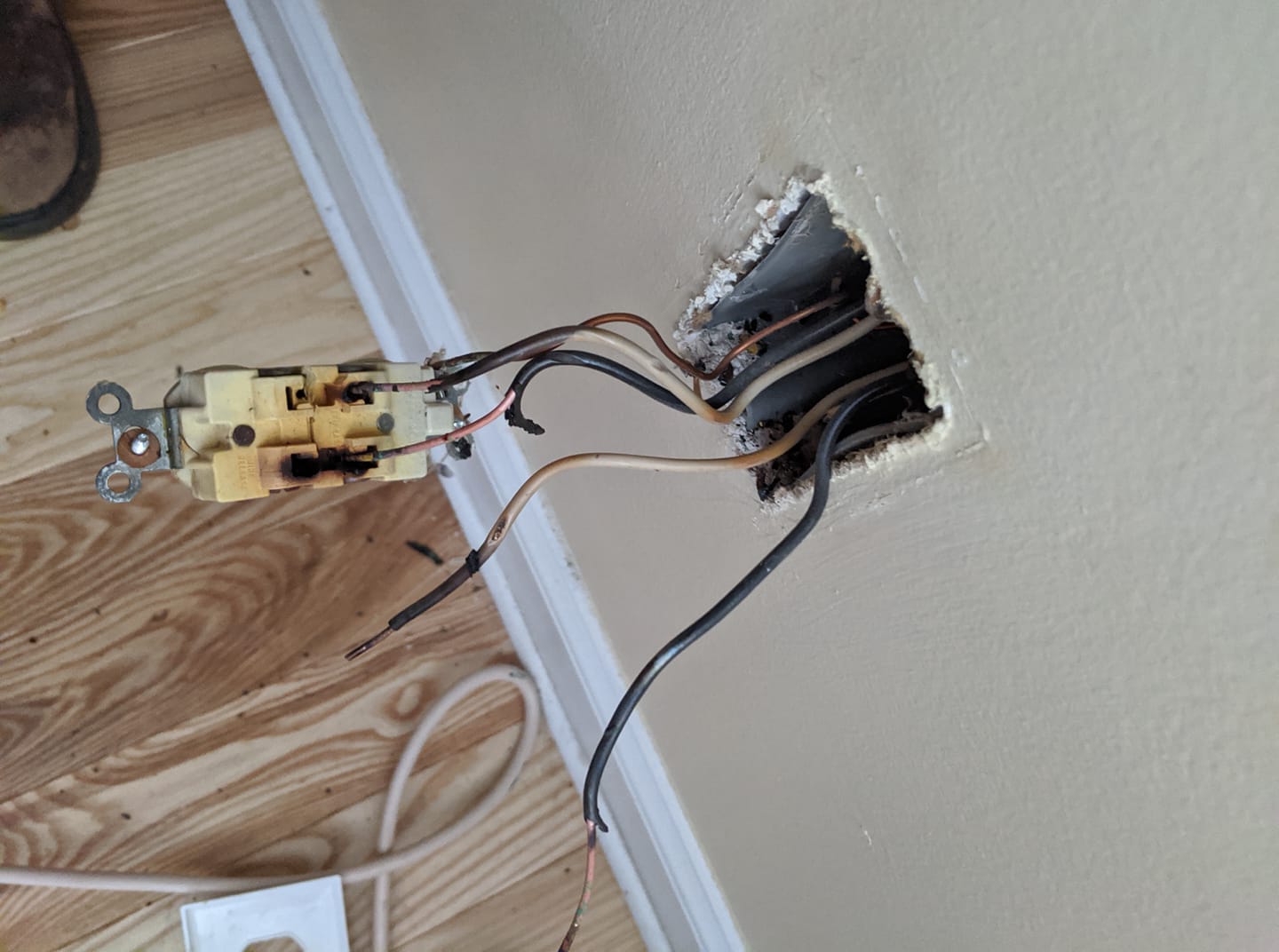
If the electricity has gone out and the cause isn’t clear, check for the most evident indicator of an electrical circuit overload. Of course, the most obvious indicator is when a breaker trips, cutting off all electricity. However, there are other signs that you can take note of when your electricity starts to trip off.
Other wiring issues—such as loose connections or short circuits—can be indicated by buzzing sounds, burning odors, and excessively heated equipment. Nonetheless, these signs are prominent as well during a circuit overload. Aside from this, there are also less apparent indications you can look for, such as fading lights, especially if they dim when you turn on appliances or more lights. In addition, look for burnt plugs or outlets, as well as power tools, apparatus, or devices that appear to be underpowered. If you feel the problem requires an expert, you can always seek help from
licensed electricians.
What Happens If an Electrical Circuit Overloads?
Your home's electrical systems are built to accommodate regular household consumption. However, there are times when you may require more electricity than usual and have an excessive number of gadgets plugged into the same circuit. Without a circuit breaker, an overload would cause the circuit wiring to overheat. That could cause the wire insulation to melt, resulting in a house fire. The more you understand the layout of your home's electrical connections, the easier it is to avoid overload.
Electrical circuits are only capable of handling a certain quantity of electricity. When each gadget is turned on, its electricity consumption contributes to the total load on the circuit. A circuit consists of a breaker, wiring, and devices or appliances. When you exceed the rated load of an electrical circuit, the breaker may trip and cut power to the entire circuit.
How Can I Prevent Circuit Overload from Occurring?
Every homeowner should understand their electrical layout and which circuits power which devices. After you've laid out the basic circuit layout, you can calculate the safe load rating of each circuit to get an idea of how many objects you can run on that circuit. It can also notify you if new circuits are required to satisfy the typical demands of the entire household. Furthermore, signage next to the breakers identifying electrical sections such as "garage lights," "master's bedroom," or "garden lights" from your local electrical contractors can be helpful.
To avoid overload, you might also want to lessen the load on certain circuits. To accomplish this, you must:
- Be careful not to turn on too many things at once.
- Lessen lighting loads by switching to energy-efficient LED or CFL bulbs from incandescent or halogen light bulbs.
- With your circuit mapping, move plug-in appliances to a less-used circuit.
- Provide new circuits for high-demand equipment.
Final Thoughts
Electricity is an essential component of every home, providing your home with convenience and safety. However, there are situations when it can endanger your dream home or your entire family. Understanding how it works, identifying the types of dangers it can impose, and being aware of the warning indications can help you stay safe by taking preventive steps. Furthermore, if any of these issues persist after you've taken precautions to avoid circuit overloads, you should always consult a professional electrician.
Do not put your family at risk and always seek assistance from
licensed electricians. Partner with one of the
best electrical contractors in Massachusetts! Contact us at
B Town Electric today!
Questions? Contact our main office
Schedule a Free Quote. Submit a free quote request online
